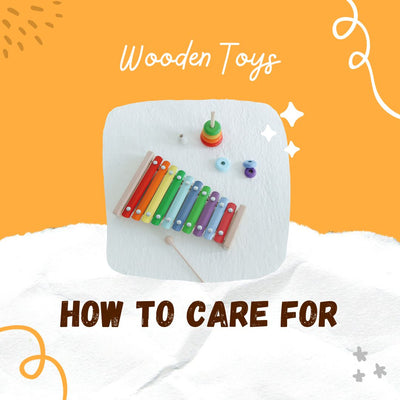Ah, the classic sibling squabble of "It's not yours. It's mine" over a beloved toy. It's like watching a battle for the throne in a miniature Game of Thrones. The stakes are high, and the tension is palpable as the children enter negotiations for ownership.
But alas, it always ends up in a full-blown brawl, with toy bits and pieces flying everywhere. It's like the Hunger Games, but instead of fighting for survival, they're fighting for the last piece of Lego. In the end, the victor is crowned with the ultimate prize, the coveted toy, but at what cost? A broken toy and an even more broken relationship between siblings. Who knew a toy could bring out the dark side of human nature?
As parents, it is essential to teach our children about the importance of sharing and cooperation, and sharing toys with siblings is an excellent way to introduce this concept to them. Sharing toys helps children develop social skills, learn to compromise, and strengthen their relationships with their siblings. However, as many parents know, it is not always easy to get children to share their toys willingly. Here are some tips for parents to encourage their children to share toys with their siblings:
-
Start Early Start teaching your child to share toys as early as possible. From the moment they begin to play with others, you can start to instill the idea of sharing and cooperation.
-
Set Clear Expectations Set clear expectations and rules around sharing toys with siblings. Explain to your children that sharing is an essential part of playing together, and that they will need to take turns with toys.
-
Encourage Empathy Encourage your children to think about how their siblings might feel when they refuse to share a toy. Help them understand that their siblings have feelings too, and that sharing can help everyone have a fun time.
-
Offer Positive Reinforcement Offer positive reinforcement when your child does share a toy with their sibling. Praising them for their efforts can encourage them to continue sharing.
-
Provide Opportunities for Cooperative Play Provide opportunities for your children to play cooperatively with their siblings. Cooperative play such as pretend play toys helps children learn to work together and share toys.
-
Set Up a Sharing System Set up a sharing system, such as a timer or a token system, to help your children take turns with toys. This can make sharing feel fair and less of a challenge.
-
Lead by Example Model the behaviour you want to see in your children. Share toys with them and with others, and let them see you taking turns and cooperating with others.
In conclusion, teaching children to share toys with siblings is an essential part of their development. As parents, we can help our children learn the value of sharing and cooperation by setting clear expectations, encouraging empathy, providing positive reinforcement, and modelling the behaviour we want to see. By teaching our children these skills early on, we can help them build strong relationships with their siblings and set them up for success in the future.





